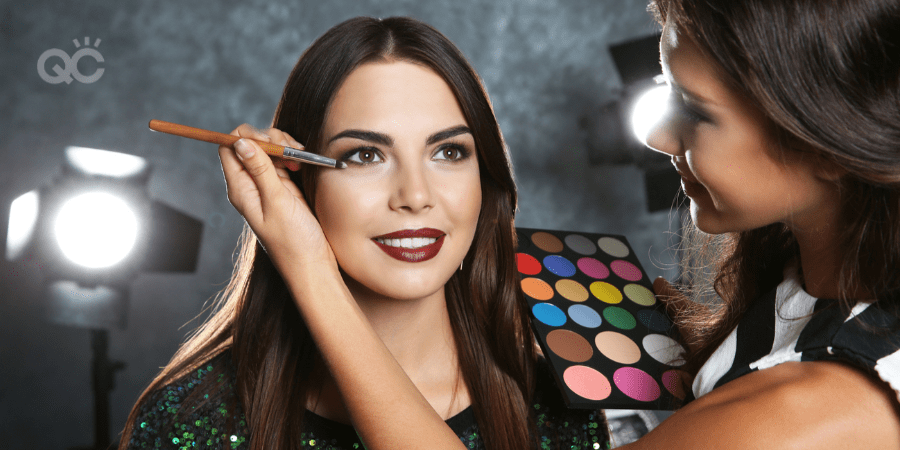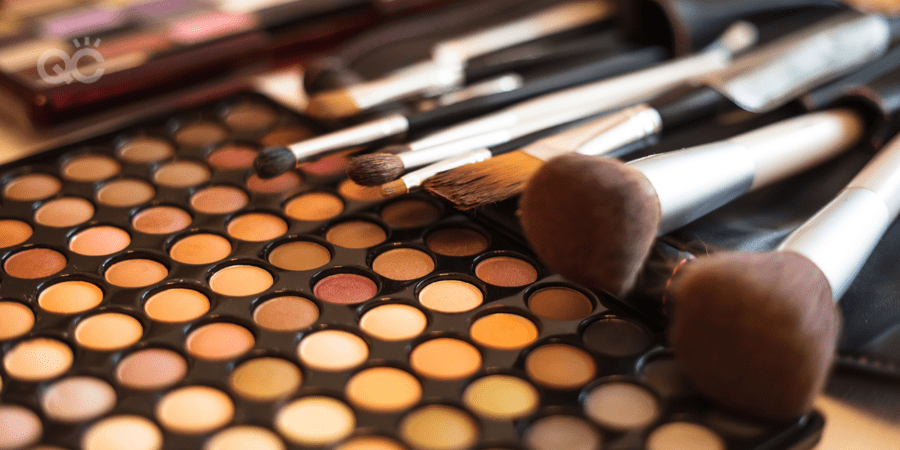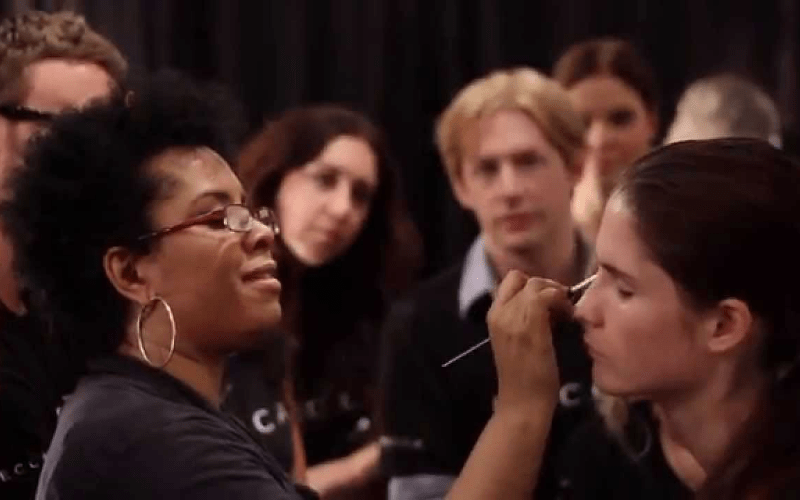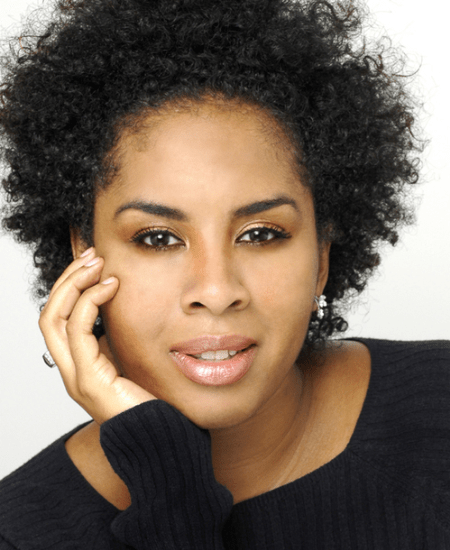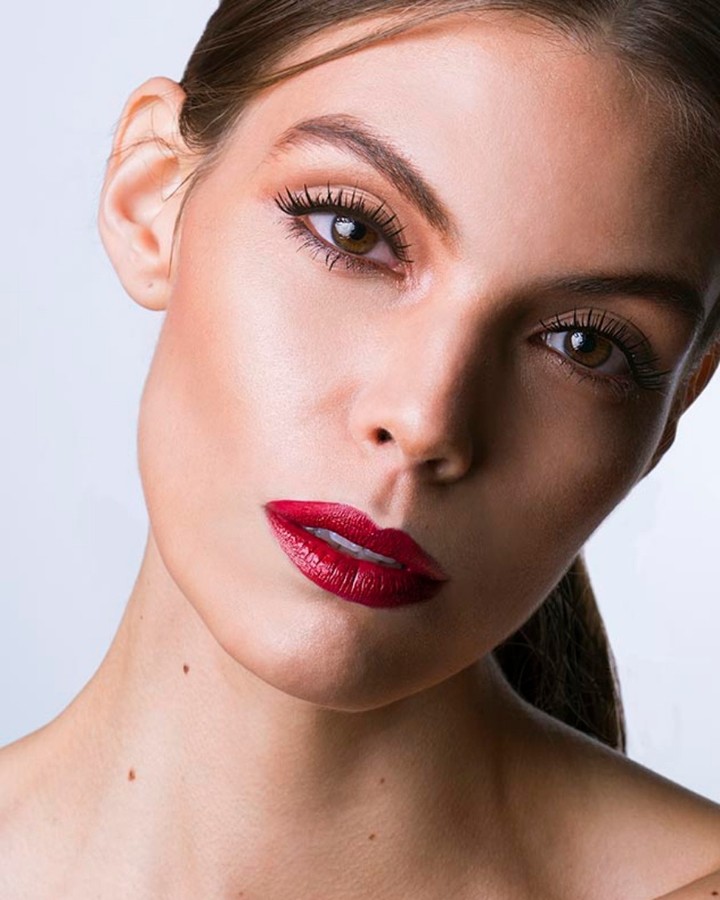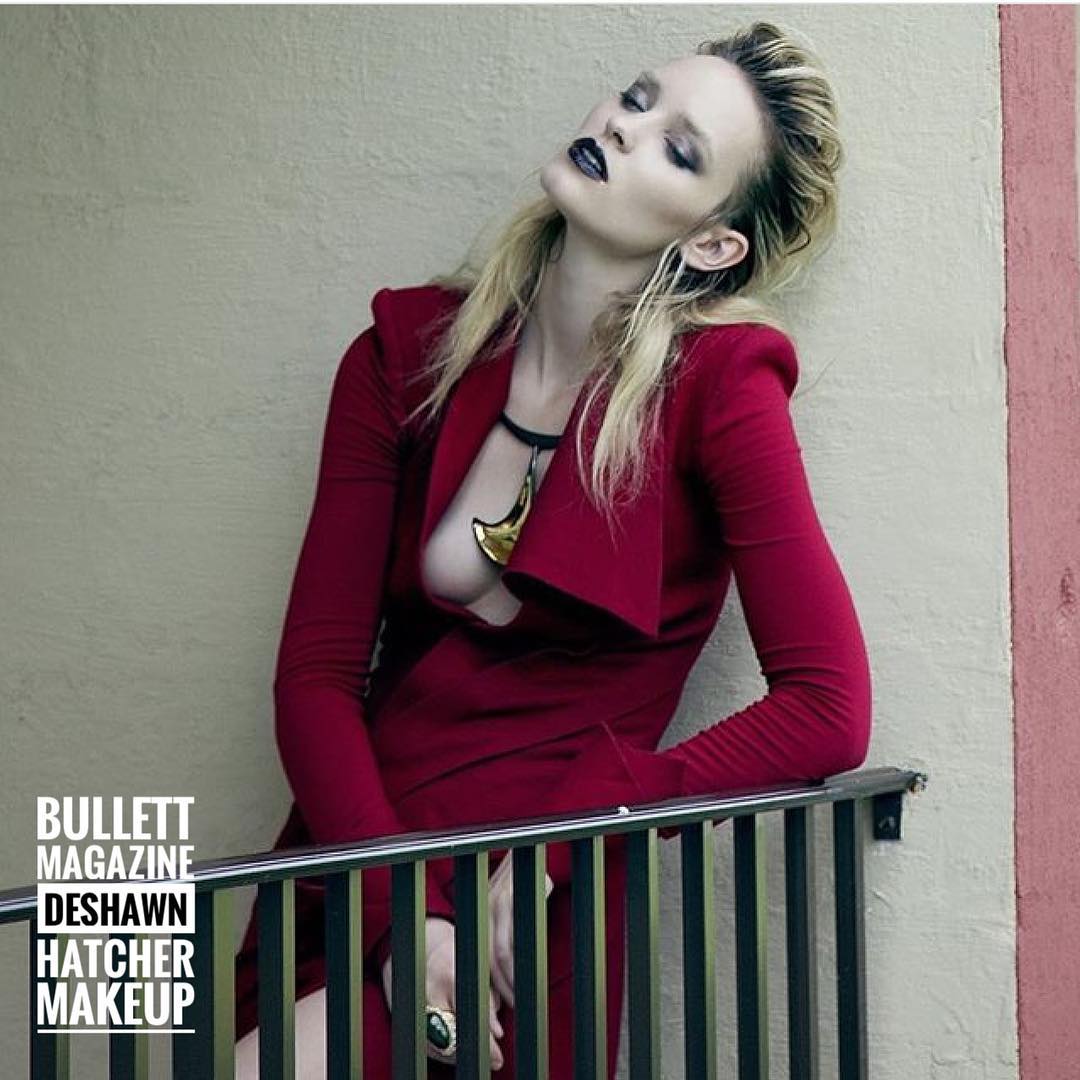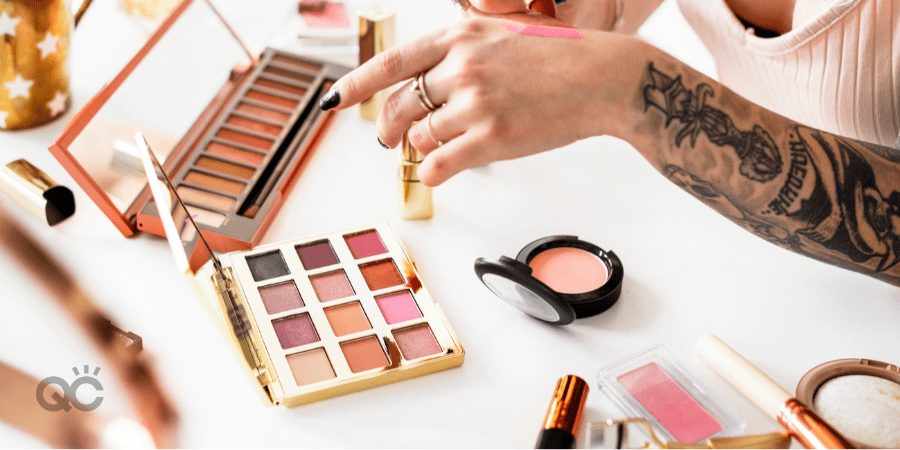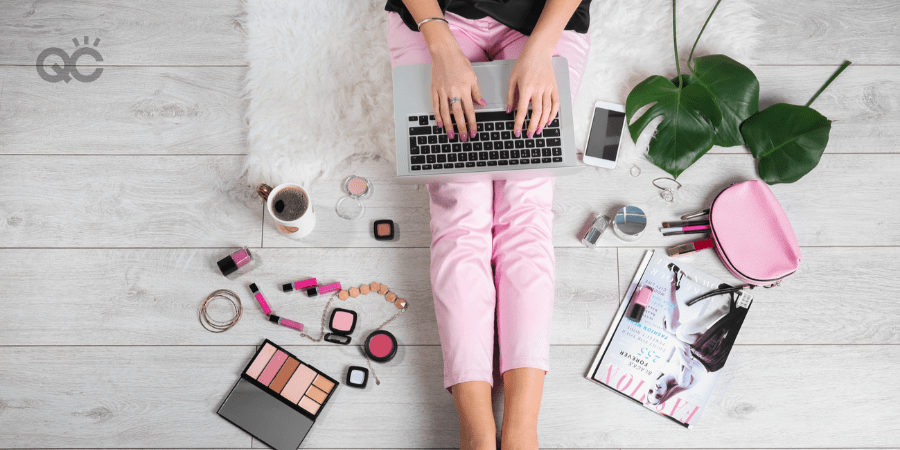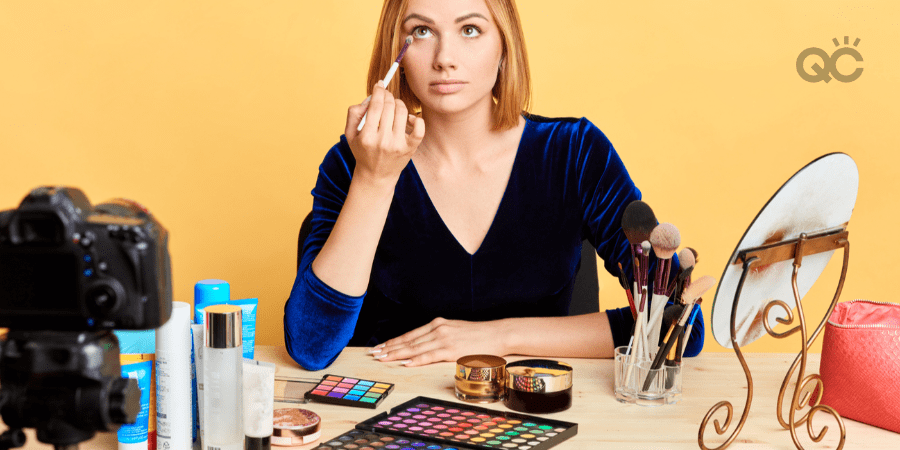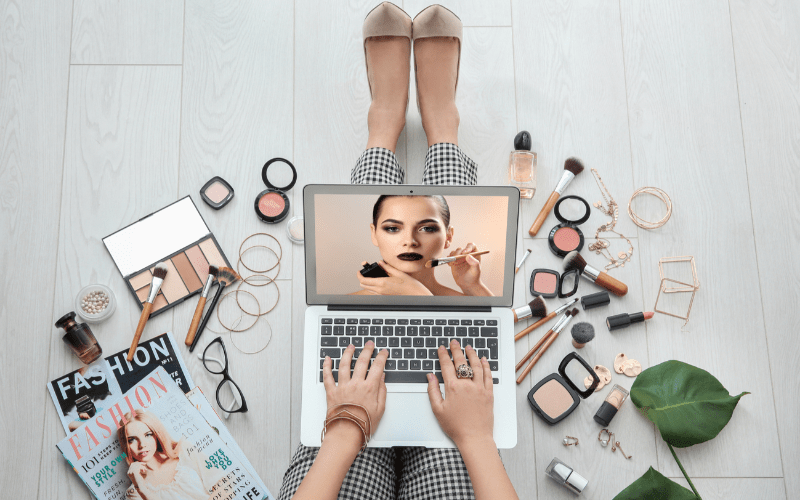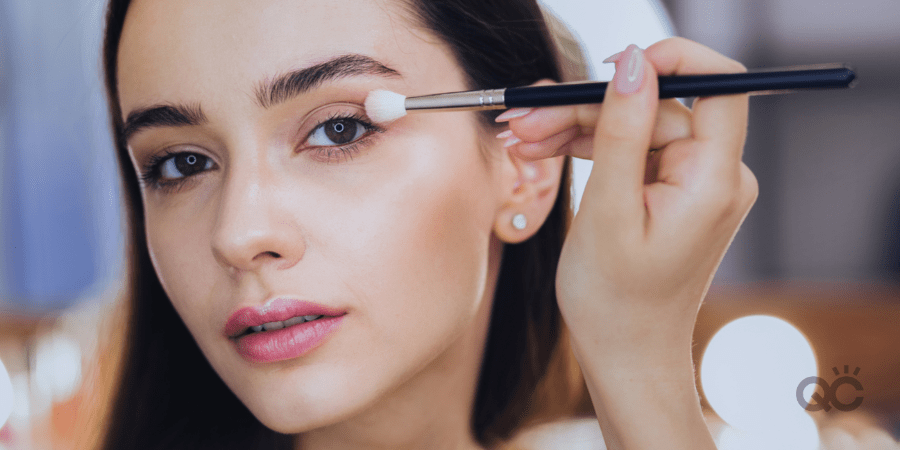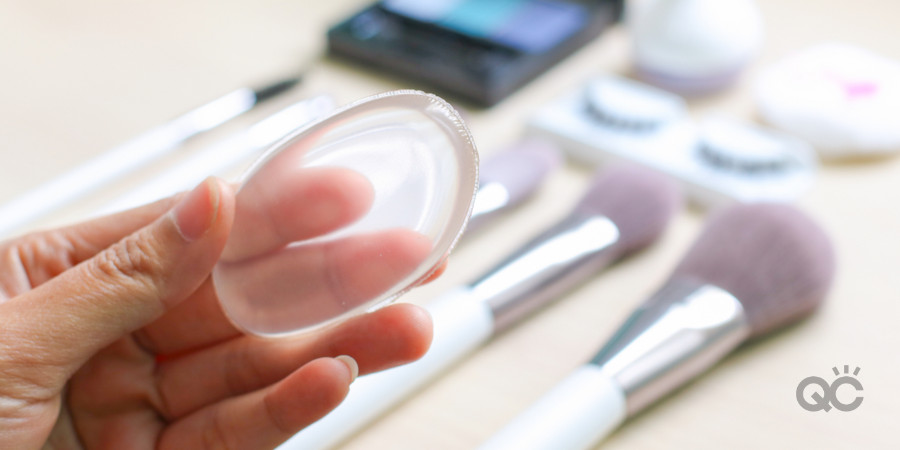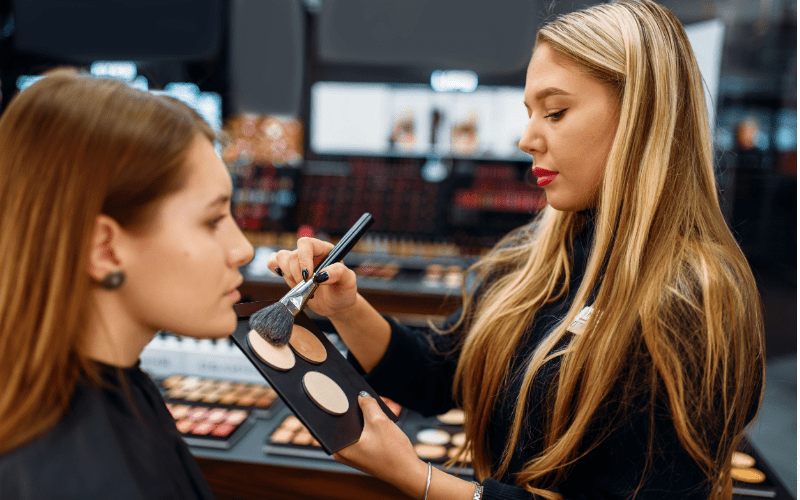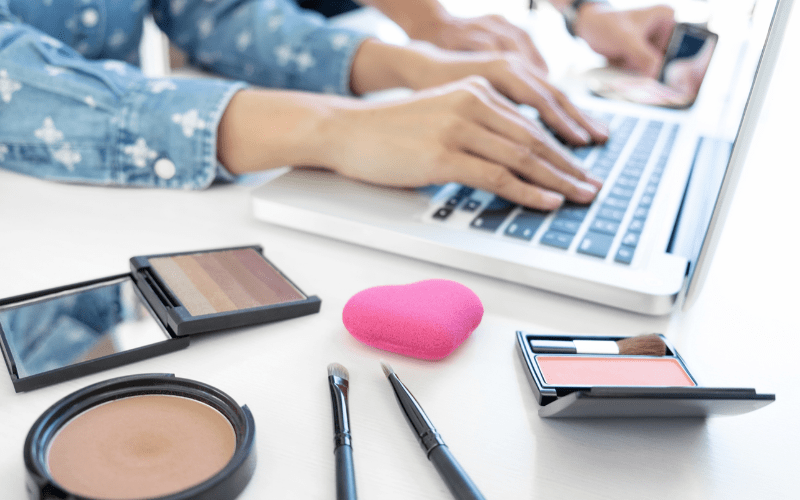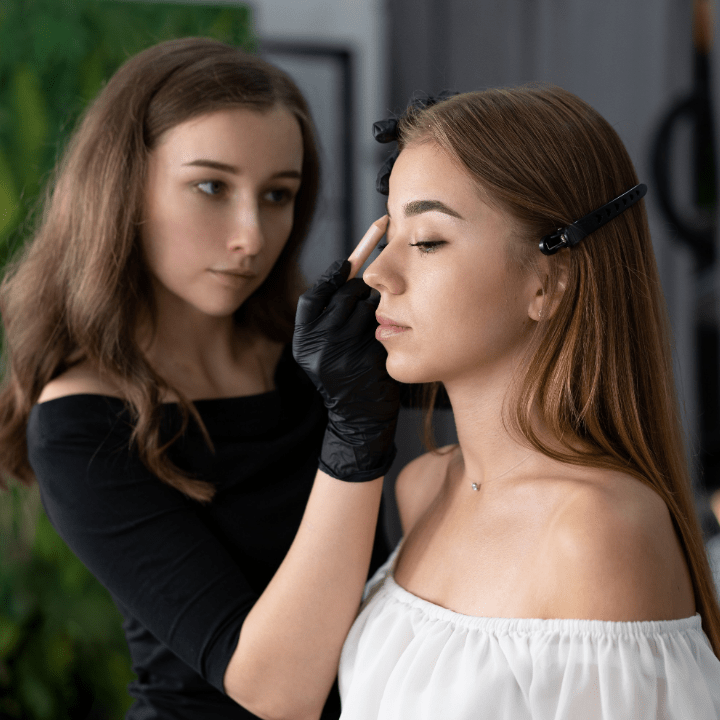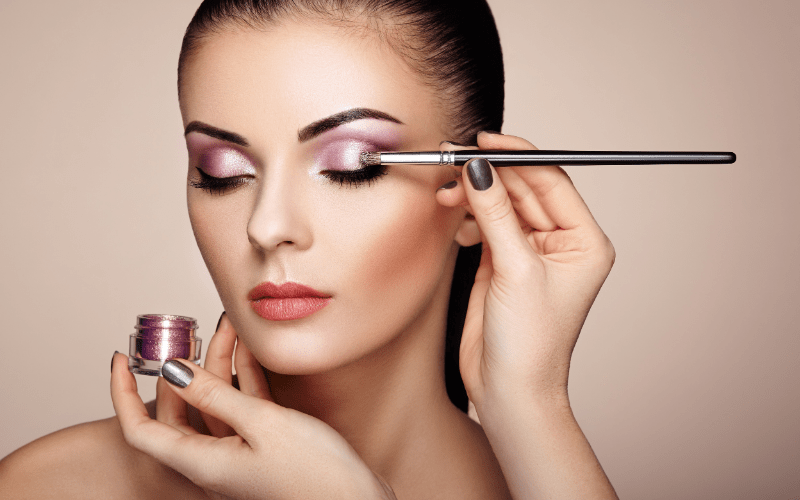
Happy New Year, beauties! Though it may be the start of a brand new decade, we thought we’d do the ultimate 10 Year Challenge by paying our respects to the 10 most popular blog articles over the last decade.
So strap in, get comfy, and put your coziest socks on, because these blogs are well worth the read!
10. How to Apply False Eyelashes Like a Pro (2015)
Fake eyelashes are fun and fabulous, but they can also be the literal worst to put on. Getting glue all over the place (such as around your eyes) can make for a real nightmare. Especially when you finally secure them on, only to realize they don’t even fit! Luckily, this article breaks down the basic steps to finding – and applying – the perfect falsies.

It’s completely understandable to want to take the extra time to ensure your client is 100% happy with what you give them. You’re a professional, after all! That being said, you may actually be taking too much time in certain places that simply do not need it.
These extra minutes can instead be focused on the aspects of the appointment that matter most. QC executive tutor and professional MUA, Nathan Johnson, provides everything you need to know here, so you best know how to prioritize.
Believe it or not, not every cosmetic product pandered to you is actually required. In fact, many items – even those marketed as top-notch, quality products – either don’t deliver what they promise to, or can be easily replaced by something cheaper. This article is a must-read for anyone who’s looking to free up some unnecessary space in their professional makeup kit, while still keeping the essentials.
7. Graduate Feature: Tyler Russell (2019)
One of the greatest ways to get motivated is by seeing others just like you making a successful name for themselves in the makeup industry. This is why we love to showcase our QC students and graduates, and why they’re always such a big hit with our readers!
Special FX Makeup course graduate, Tyler Russell, is without a doubt a talented and valuable asset to the MUA world, so it’s no surprise that his feature made the Top 10! Keep reading to see his portfolio, learn about his personal makeup style, and hear how Tyler feels that QC Makeup Academy prepared him for working in the field!

Let’s get real here: you may like makeup, but it takes a lot more than that to become a successful, working MUA. Unfortunately, an interest in cosmetics isn’t enough these days to make you stand out from the crowd. There are other crucial factors that are key to being able to turn makeup from a hobby into a career. If you read these 5 reasons why you shouldn’t be a makeup artist and find yourself agreeing with them, it may be time to revisit the chalkboard!
When it comes to the makeup industry, there’s a false notion that in order to be the best, you must always have the best. So basically, if you’re on a tight budget, you’re out of luck. But wait, don’t put your palettes away just yet! The fact is, this isn’t true at all. Many cheaper brands have been known to work just as efficiently as their pricier counterparts.
We highly recommend this article for any aspiring (or even working) makeup artist who’re looking for a few ways to save some cash, without sacrificing quality.

Millennials are known for their innovation and ability to create new, amazing things. Credit where credit’s due: they’ve paved the way in terms of both makeup and fashion. But admittedly, there have been a few blunders along the way, and not all trendsetting attempts have hit their mark.
Written by QC Fashion Styling tutor and personal stylist, Mallory Sills, his article explores 4 millennial fashion trends that are definitely more cringey than cute.
3. Student Feature: Kirsten Hart (2019)
Another SFX makeup enthusiast, Kirsten Hart is a Master Makeup Artistry graduate at QC Makeup Academy. She’s also paved quite the way as a professional MUA, known for her striking, colorful looks, and her epic Instagram branding.
Check out this article if you’re looking for some serious inspiration for your own portfolio, and are curious to see how online makeup schooling has helped Kirsten along the way!
Think you’re a hairstyling guru? A fountain of follicle knowledge? A sensei of the strands? (Okay, we’ll stop.) Take this popular quiz and find out if you really know as much as you think! Maybe we’ll stump you – and if not, feel free to brag in the comments!
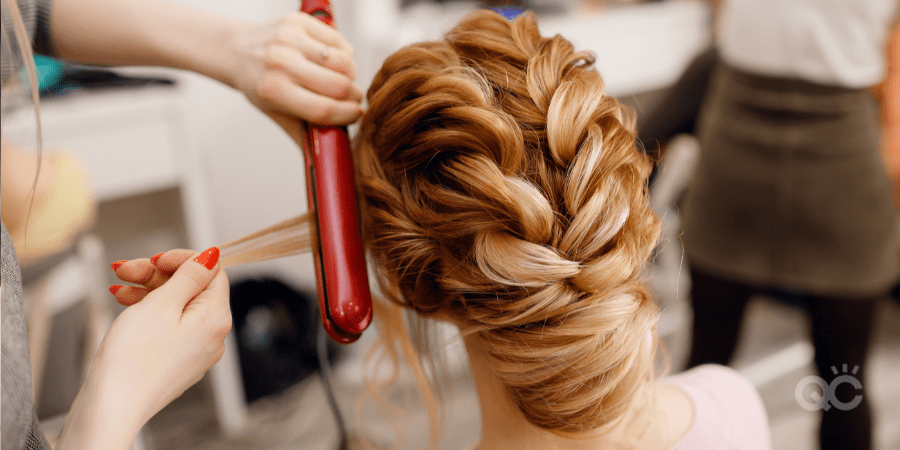
1. 6 Makeup Business Startup Tips (2015)
As a newbie makeup artist breaking free into the professional world, it can be overwhelming to know where to start. But never fear! As The Beauty Buzz’s most popular blog article of the decade (WOW!), we’ll help arm you with 6 ironclad tips to not only get the ball rolling, but set you up for long-term success doing what you love most!


